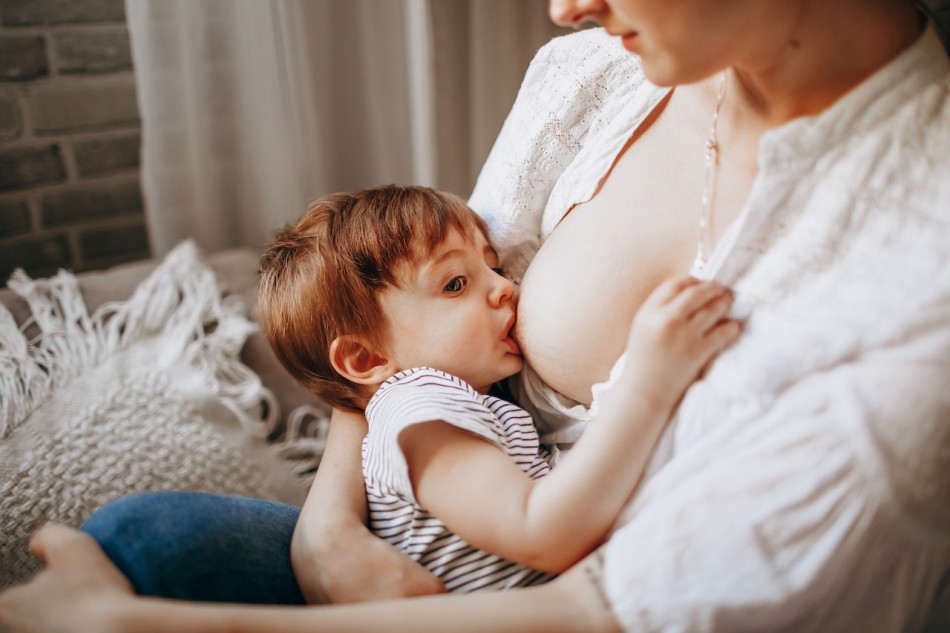Microplastics Found in Human Breast Milk for the First Time: Inevitable, Scientists Say

Microplastics have been found and identified in human breast milk for the first time, and researchers express great concern over their probable health impacts on babies.
Breast milk samples were taken from 34 healthy mothers in Rome, Italy, a week after they gave birth by a team of Italian scientists. Seventy-five percent of the samples were found to have microplastics, The Guardian reported.
Previous studies have revealed microplastics' toxic effects on human cell lines, marine wildlife, and lab animals. However, its impact on human beings remains undistinguished.
Breastfeeding is still the best way to go
Scientists emphasized that further research is urgently needed as babies are especially at risk of chemical contaminants. Yet, they also stressed that breastfeeding remains the best way to feed infants. The advantages outweigh the disadvantages.
They do not want their research to stop mothers from breastfeeding, as bottled formulas also contain a very high level of microplastic counts.
The new study, "Raman Microspectroscopy Detection and Characterisation of Microplastics in Human Breastmilk," revealed that this is the "latest discovery in a long, disturbing string of microplastic revelations, and while this is a fairly tiny sample size, these results are more than compelling."
Researchers recorded the mothers' food and drink consumption of seafood in plastic packaging. They also recorded their utilization of personal hygiene products that contain plastic. They found no connection between a mother's lifestyle choice and the prevalence of any milk-borne plastics. So far, they have concluded that human exposure to microplastics is "inevitable."
Raise public awareness
Valentina Notarstefano, study co-author and environmental science researcher at Università Politecnica delle Marche in Italy, stated that it would be very crucial to find ways to lessen a mother's exposure to these contaminants during pregnancy and lactation.
It is suggested that pregnant women should urgently do their best to steer clear of plastics, food, and drinks packaged in plastics, cosmetics and toothpaste with microplastics, and clothes created with synthetic fabrics.
They emphasized, however, that it might be difficult as the ability to breastfeed and avoid these products are too often inaccessible.
Notarstefano further stressed that instead of asking mothers to stop breastfeeding, the study should be able to raise public awareness to push politicians and people of authority for a firmer and more serious promotion of pollution.
Finally, the scientists stated that the real-life implications of their study are still in a blur. They have "hardly scratched the surface" of understanding the extensiveness of the matter, especially the associated risks and their seriousness.
A study in March by a group of researchers led by Professor Dick Vethaak of Vrije Universiteit Amsterdam in the Netherlands showed that microplastics are present in human blood. This study provided initial evidence that the contaminant might be present in human breast milk. It recommended that more research should be done with a higher number of samples using another methodology.
Related Article: Toxic 'Forever Chemicals' in Breast Milk Found in Study Among Seattle Moms
© 2024 ParentHerald.com All rights reserved. Do not reproduce without permission.
